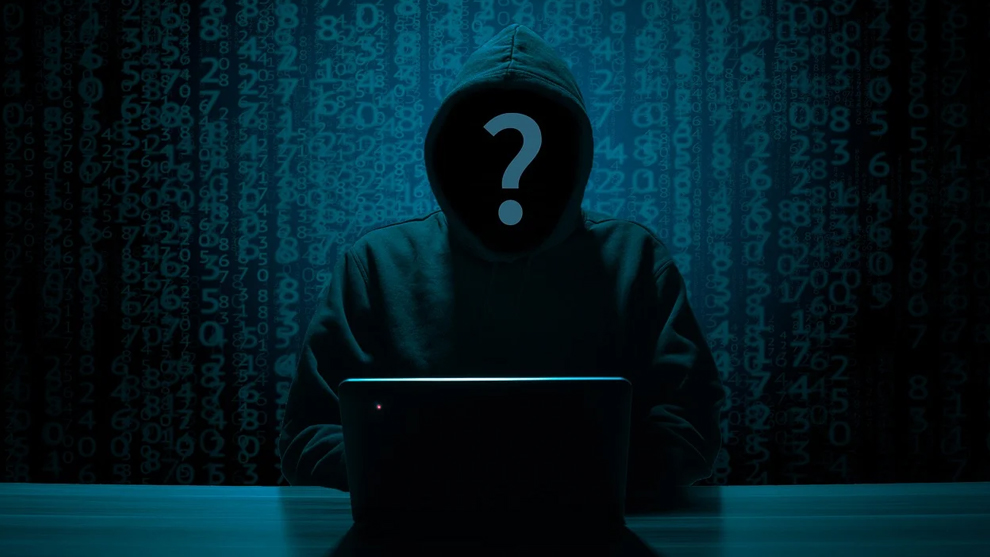France wants to remove anonymity on social networks
Anonymity on social media is a tricky issue, although we’ll see that it doesn’t actually exist. On the one hand, it allows activists, activists, lawyers, whistleblowers, political opponents, to express themselves on social networks without fear of possible reprisals. On the other hand, it offers racists, homophobes or anti-Semites a way to pour out their venom without risking anything.
In fact, it was inevitable that our parliamentarians would consider the issue at one point or another. According to journalist Sabine Blanc, specializing in digital public policies, 17 parliamentarians proposed an amendment to the bill relating to respect for the principles of the Republic.
JPP already “Within six months from the promulgation of this law, the Government submits to Parliament a report on the feasibility and consequences of lifting anonymity on social networks.” # PJLseparatism https://t.co/k4ykCozgBG
– sabineblanc 🦍🦃🐢 (@sabineblanc) January 14, 2021
“Evaluate the consequences of lifting anonymity”
In this amendment, these deputies, most of whom are from the government majority, demand that the executive submit a report to parliament whose aim is ” assess the feasibility and consequences of lifting anonymity ” on social networks. This report should be delivered within a maximum period of 6 months after the promulgation of the law relating to respect for the principles of the Republic.
The amendment states in particular that social networks and community sites in general ” lead to numerous abuses: dissemination of false information, unfounded rumors, attempts to manipulate public opinion ”. In addition, Facebook, Instagram, Twitter and others would allow “ more and more often, support for the dissemination of hateful messages and violent ideologies ”. But also completely absurd censorship when things are not going their way.
Read also: Clearview, facial recognition that will kill anonymity
To support their point, the deputies recall the daily cases in which of individuals hesitate to disseminate information of a private, family or professional nature in order to harm and ” harm physical or mental integrity ”. Even if the matter was not brought up, it is impossible not to think about the assassination of Samuel Paty.
The dissemination of certain information about him on social networks, such as the name of the college where he worked, made the killer’s task easier. However, the deputies are aware that the lifting of anonymity cannot be done without ” study the consequences for freedom of expression ”. The requested report will have to dwell on this point, if it is ever produced. The text of the law in which this amendment was inserted was tabled on December 9 in the National Assembly. It is currently being examined by a parliamentary committee, and its passage in plenary session is expected for the month of February.
A VPN for peace of mind …
But let us remember, as our colleagues from Numerama insisted, that anonymity does not really exist on the Internet. Of course, using a VPN makes things complicated, for example, but in the event of an online crime, the police do their job: by cross-checking different information, the thugs are quickly caught. What poses a problem is the quantity of information to be managed and the limited resources of the investigators. Pseudonymity as used on online platforms is the only bulwark to protect our freedom of expression and our privacy.
You’re not doing anything illegal, but you don’t want to leave any traces on the Internet? It is quite legitimate. VPNs are services that allow you to encrypt your connection, change your IP as you see fit and protect you from “tracking”. It is of course possible to make your own VPN at home, but you need equipment and knowledge. For peace of mind on your computer, your mobile and up to 7 devices, the VPN CyberGhost offers the best prices while being easy to use: 2 € / month (€ 78 to be paid once for 3 years of protection + 3 months free and 45 days to reverse your decision).
Source: Numerama

